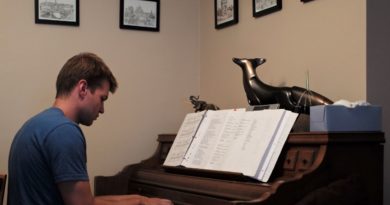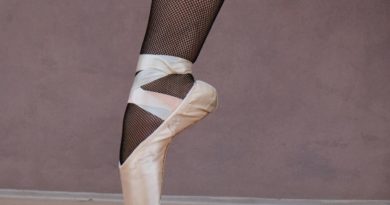Courses in Sound Engineering
Considering a Course in Sound Engineering?
Have you always wanted to learn about Sound Engineering but you just don’t know where to start? Sound Engineers look at the technical aspects of sound, especially in the process of recording, mixing, and reproduction of sound itself.
In essence, a Sound Engineer is the person in the recording studio or performance space that makes everything sound good, they know how everything is set up and how it runs and what all the buttons and gadgets do. They use their experience to be able to translate what a producer, director, or artist is asking them to do to make the recording sound great.
Sound Engineering is an excellent career choice for anyone who enjoys working with sound and the technical aspects of performances and the good news are that there are many Sound Engineering courses currently available for you to get started.
What is Sound Engineering?
A Sound Engineers’ job is not just to mix the audio for performance but also includes helping the sound designer to realize the system that is required for the particular performance or need. Sound Engineers will work with the technical specifications and will know what type of loudspeakers to use, how many subwoofers does the performance need, and all of the other technical questions from a sound performance.
The Sound Engineer has the daunting task of managing all of the microphones that are on stage or in a recording studio, all of the playback elements, video elements, and even recording and live streaming possibilities – all of these are elements that the Sound Engineer is responsible for and he has to make sure everything is working as it should be to get the best sound.
Sound Engineers will work closely with everyone on the production to make sure that everything to do with the sound of performance has the desired effect. On the other hand, Sound Design includes the manipulation and recording of sound and audio elements that are used for performance. Sound designers are creative members of the production team that use their skills in audio manipulation, recording, and even composing. They use their knowledge of sound elements and piece them together to create a soundscape or piece of music or sound effects that are used in performance or any other art form.
While there are some overlapping elements for Sound Engineers and Sound Designers, the key responsibilities are quite different and should not be confused. Sound Engineers are more technical and are responsible for all of the technical aspects of a performance’s sound while Sound Designers deal with the more creative process of creating soundscapes and sound effects.
What Will I Learn about Sound Engineering?
- You will learn about the basics of sound, acoustics, and the manipulation of sound.
- You will learn about electronics and even some computer science.
- You will learn the art and technical crafts of sound recording such as; recording, mixing, and mastering.
- You will learn about elements like MIDI, Live Sound, and Electronic Music.
- You will learn about all of the types of sound equipment available and how to use them correctly to get the best sound quality when recording or in a live performance.
Career Opportunities in Sound Engineering
After completing your course in Sound Engineering, you can expect to work as a Sound Engineer, Recording Engineer, Studio Engineer, Game and Audio Design Engineer, Mix Engineer, Live Sound Engineer, Mastering Engineer, Monitor Engineer, Systems Engineer, or many more sound recording positions in the field of music, video, TV, broadcasting, and film.
If you’re serious about doing a course in Sound Engineering and would like to learn more about the Sound Engineering Industry, check out courses in the Nightcourses.co.uk national course finder.




